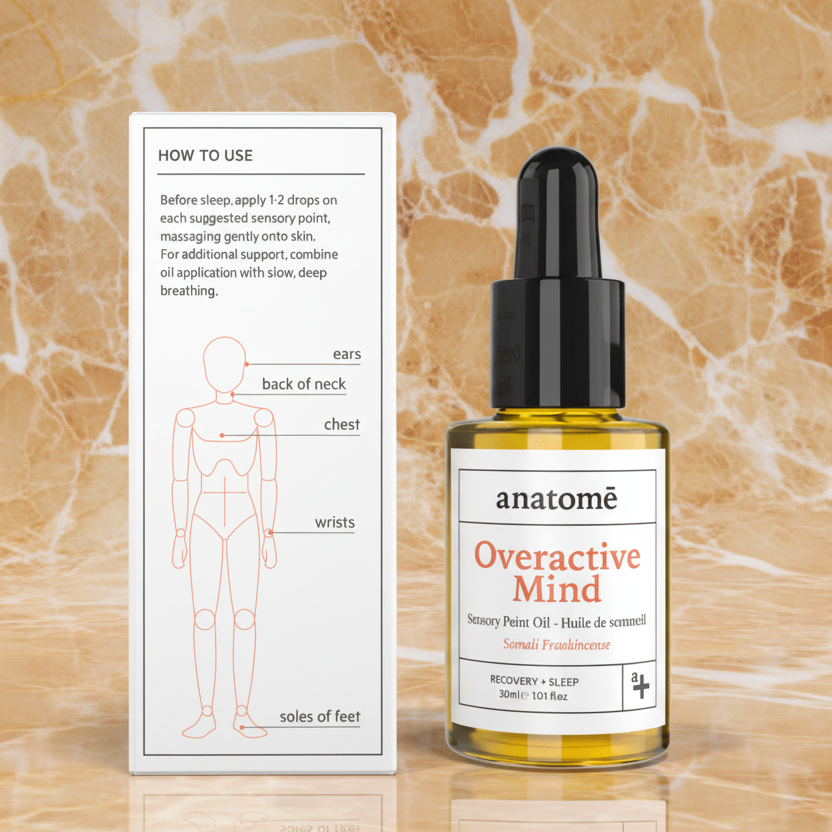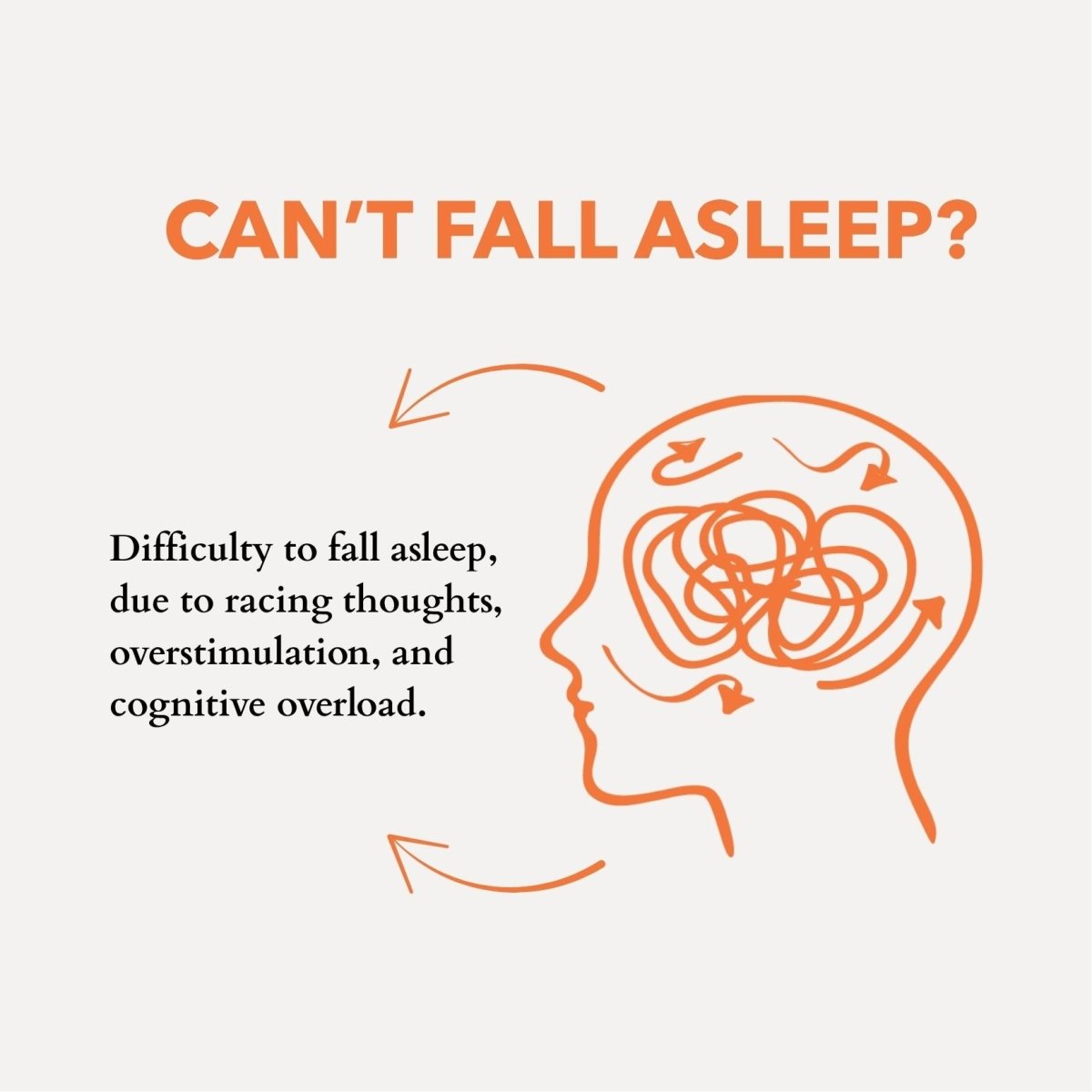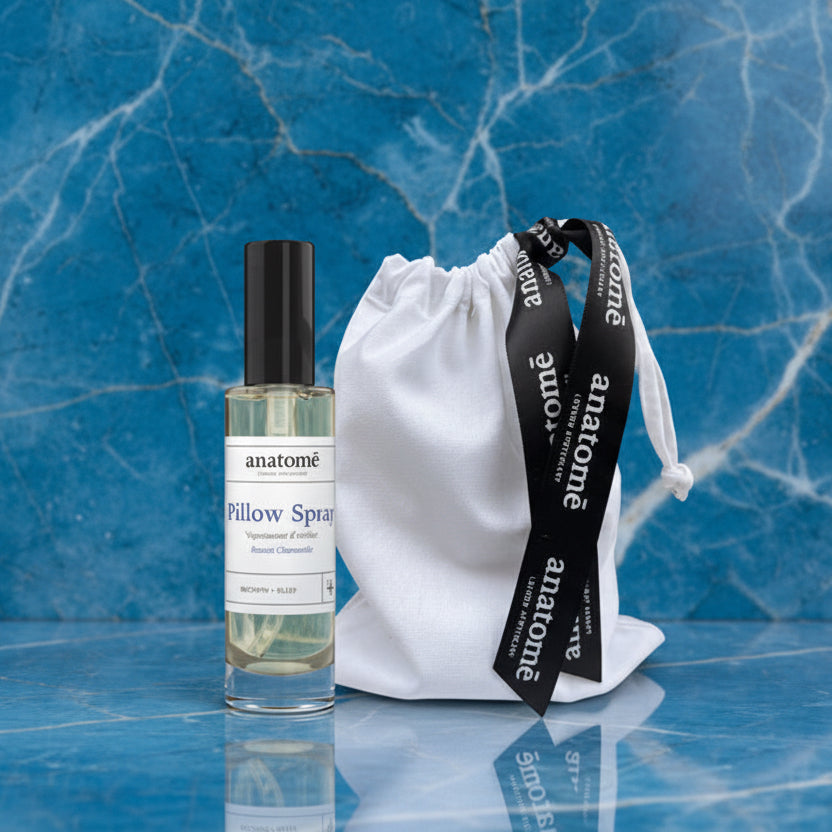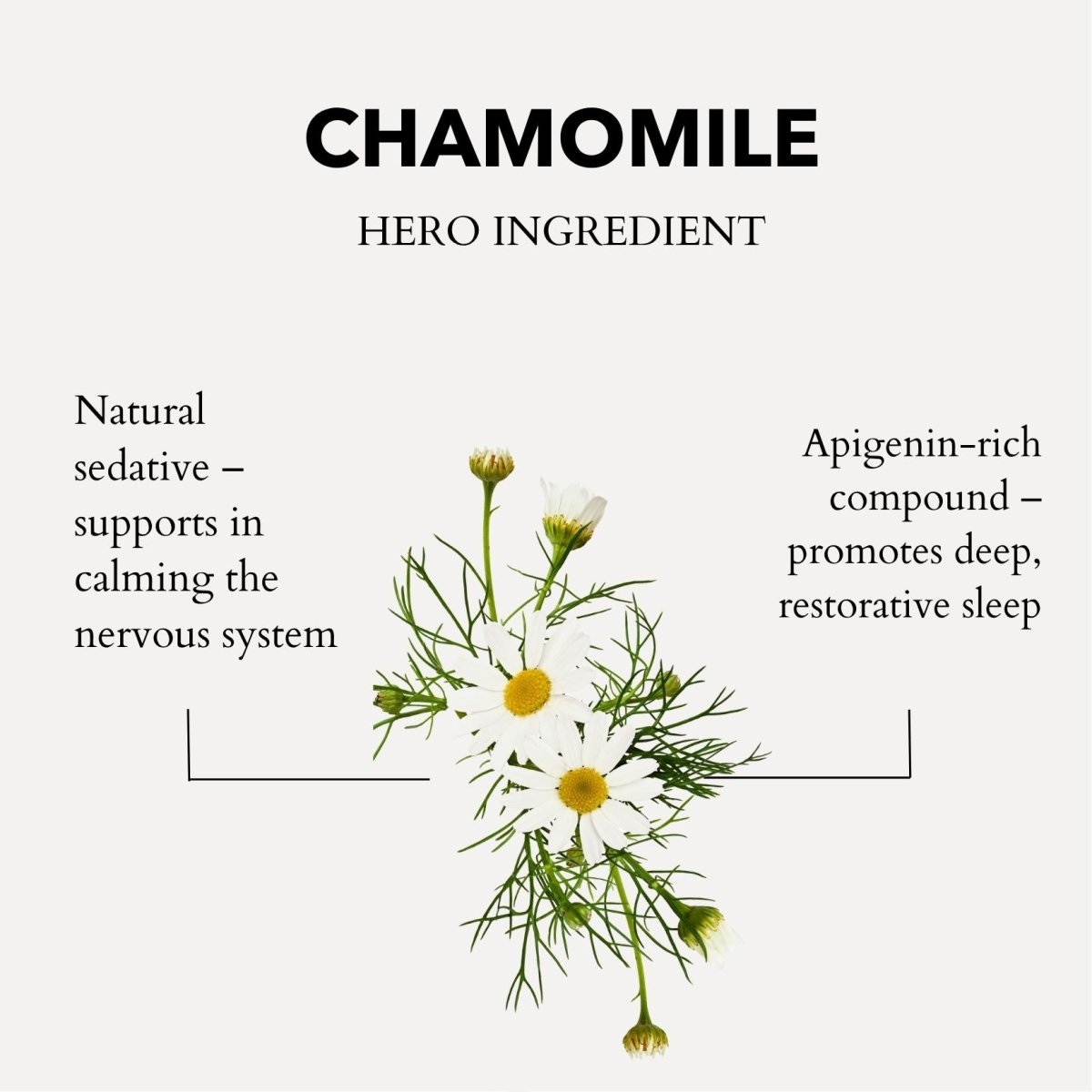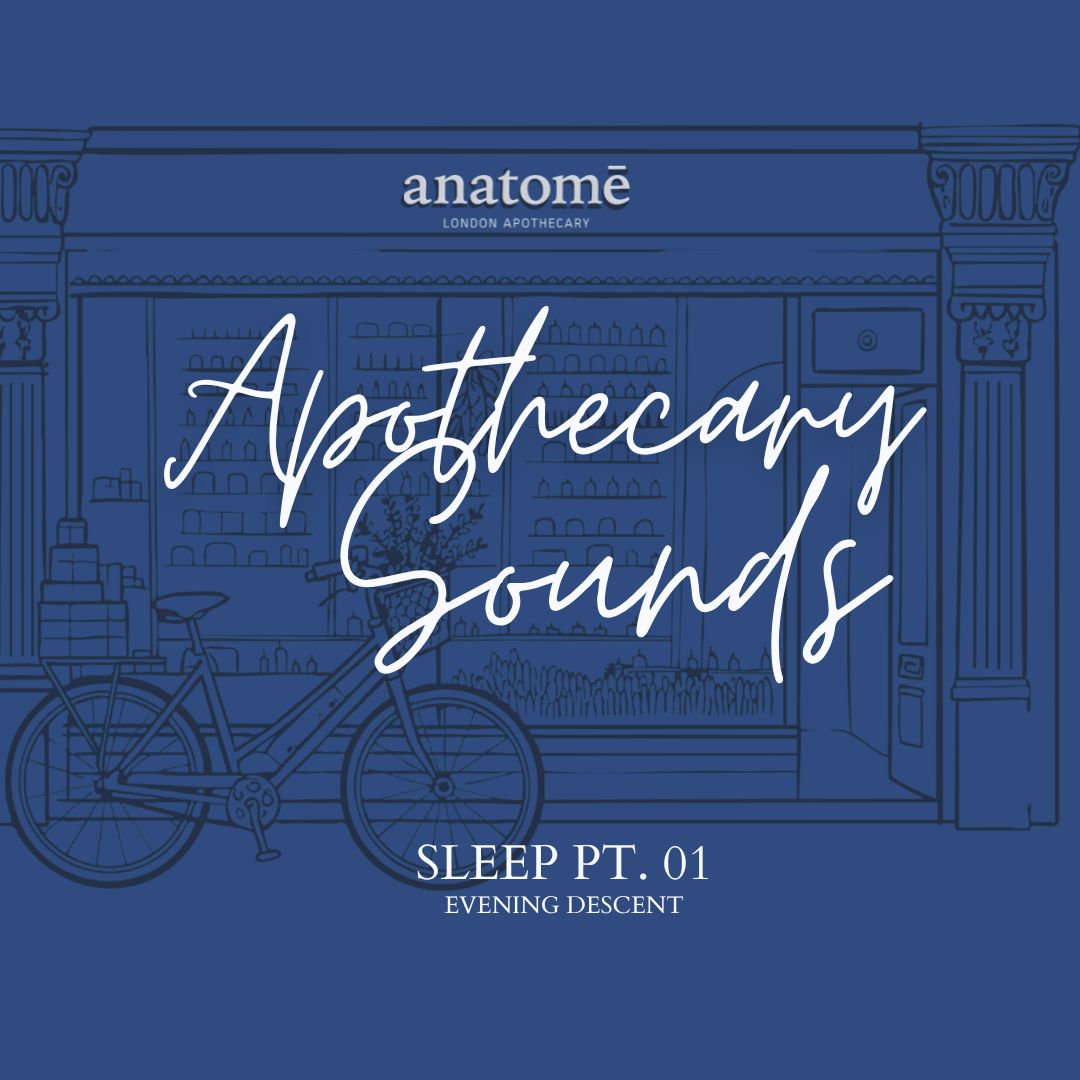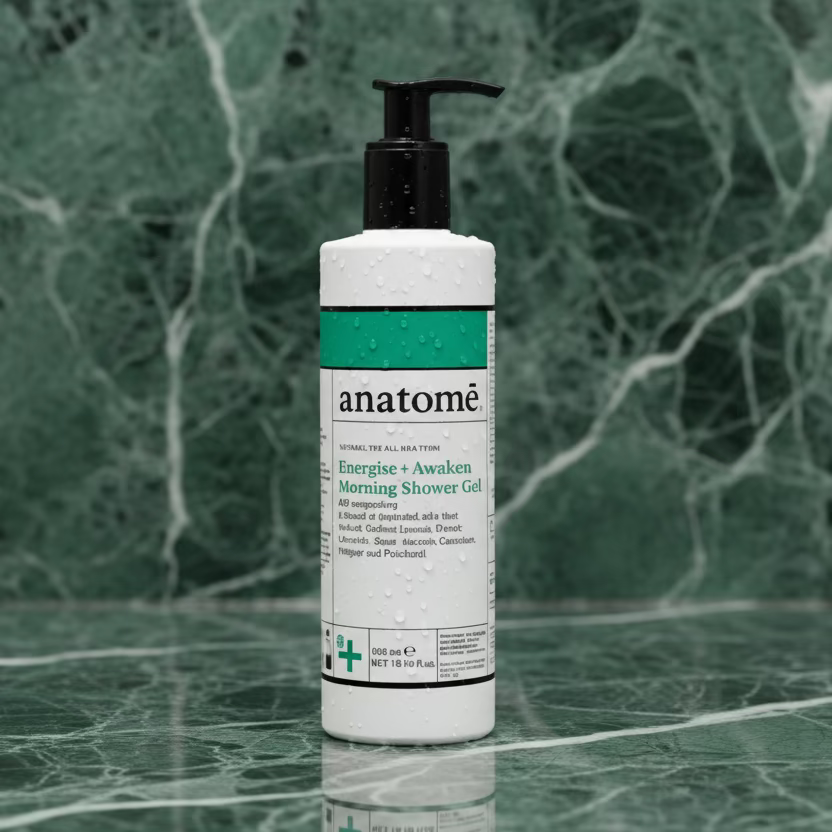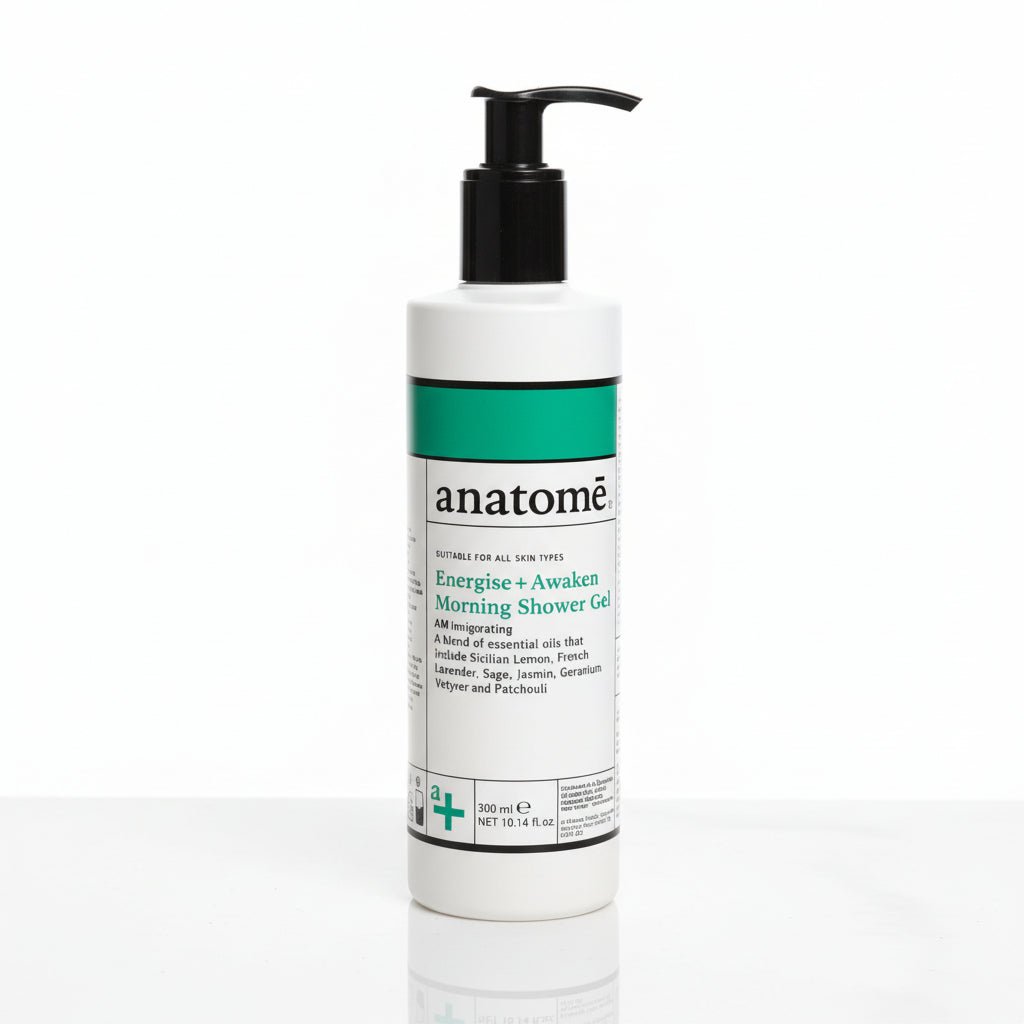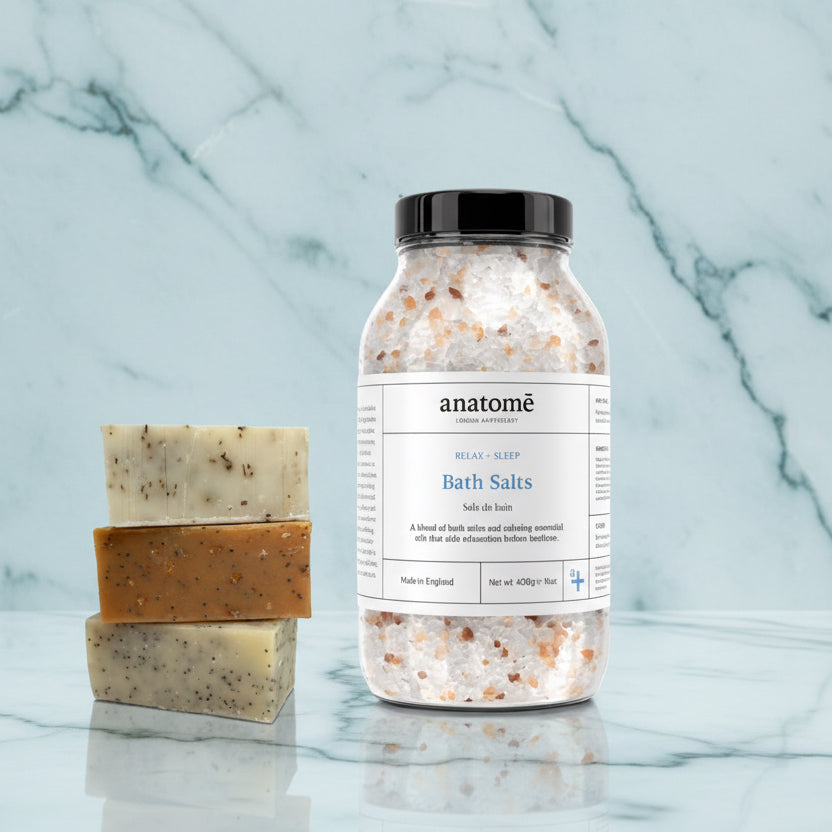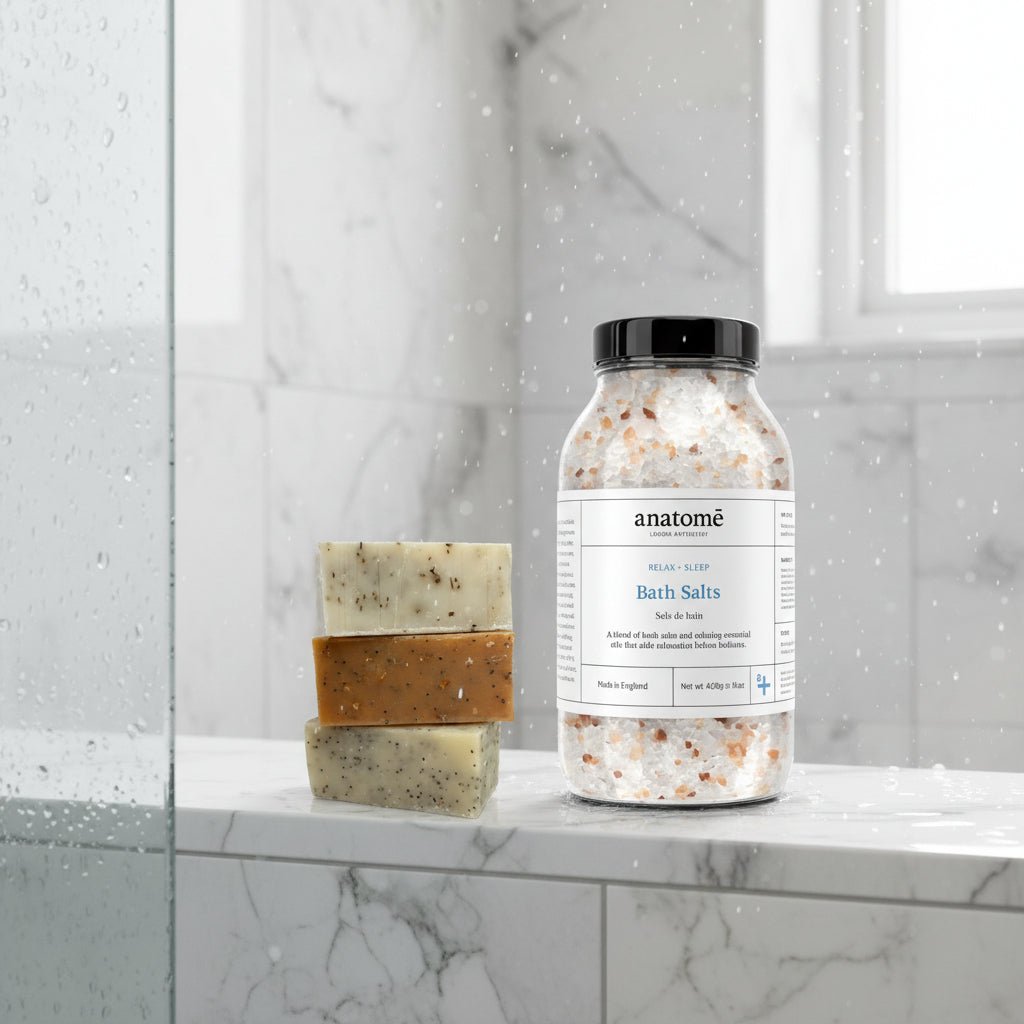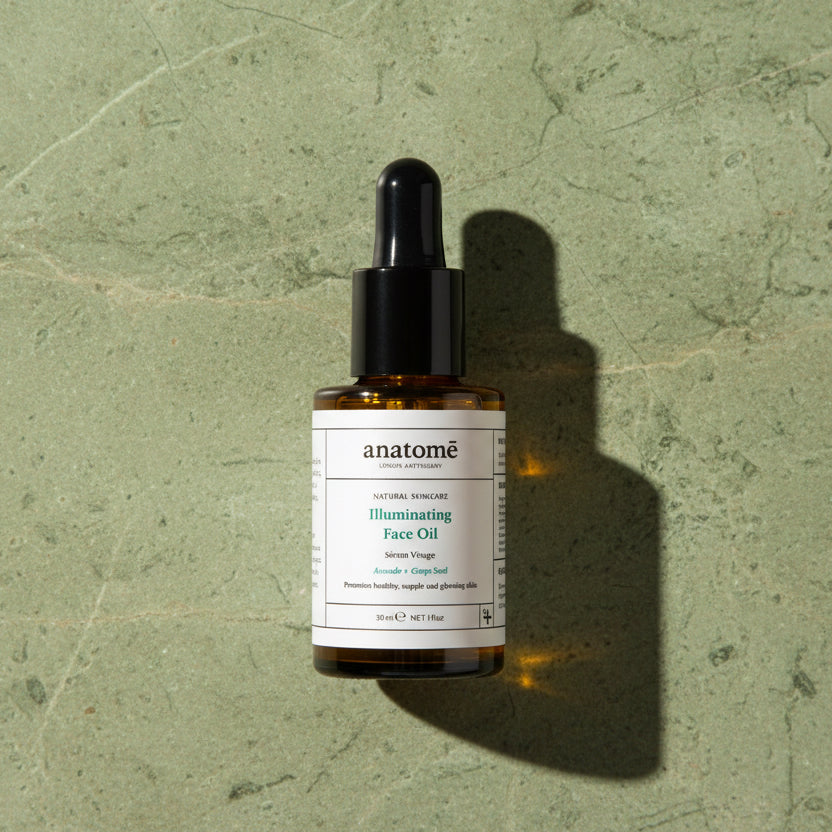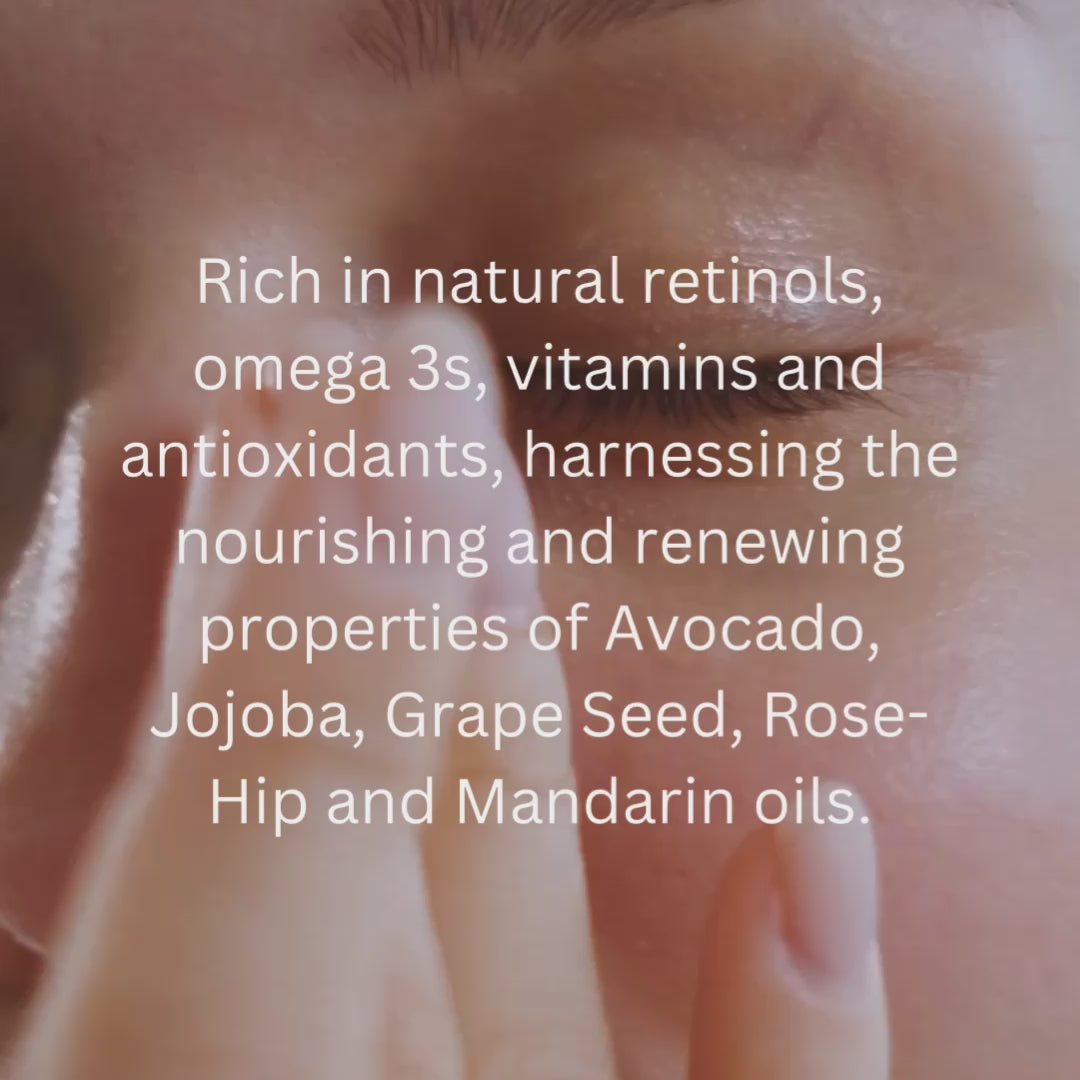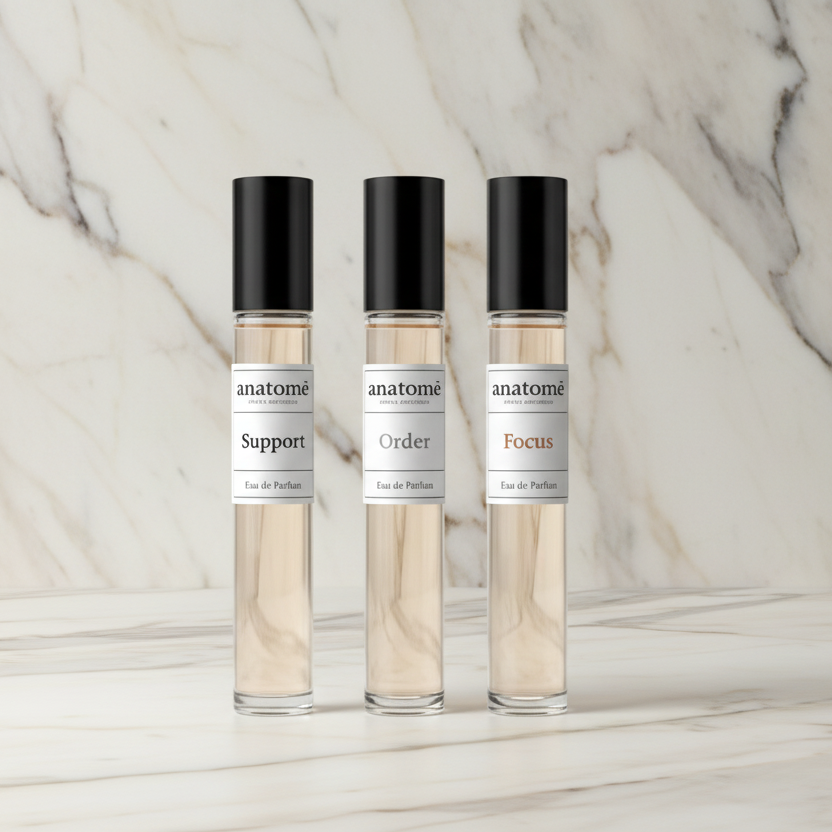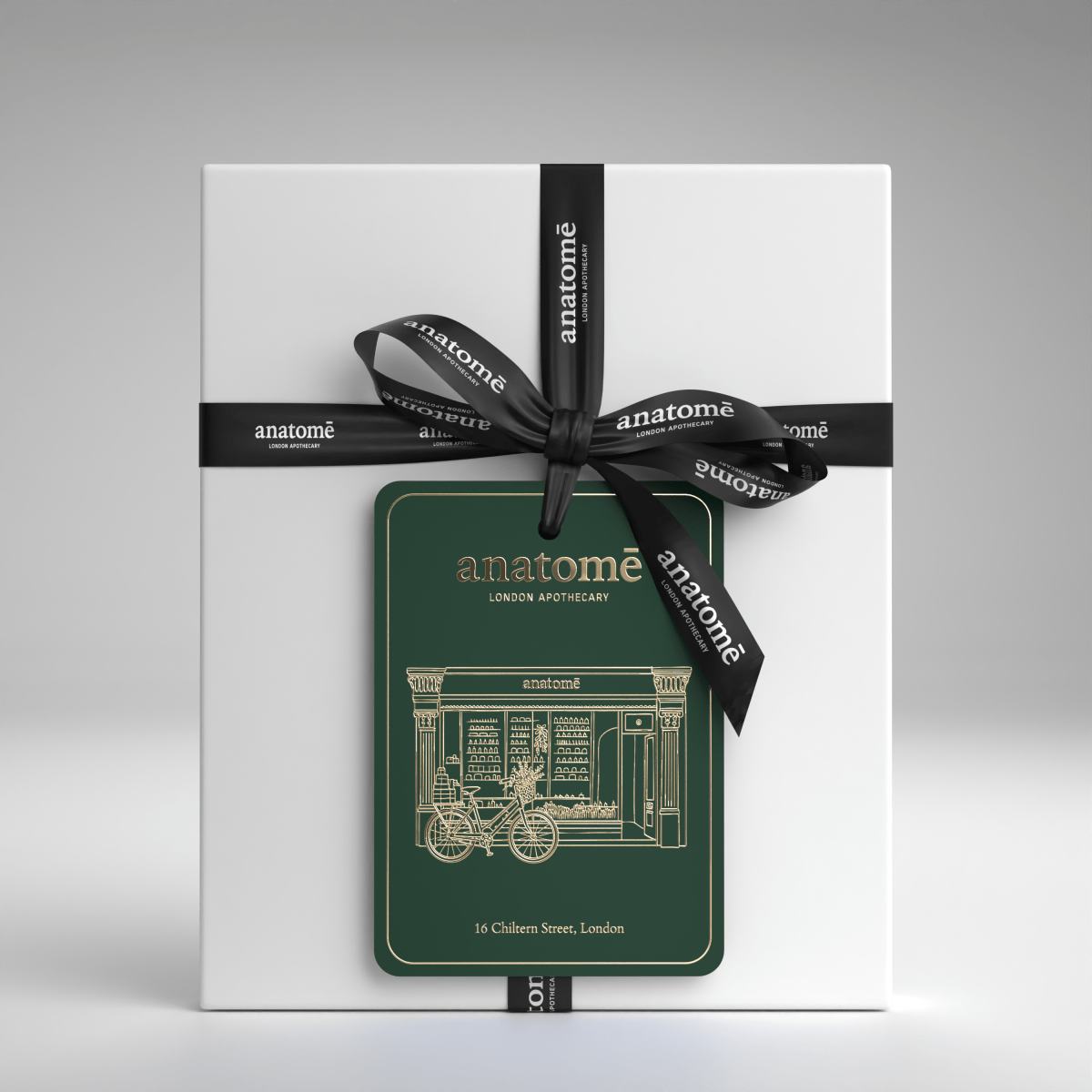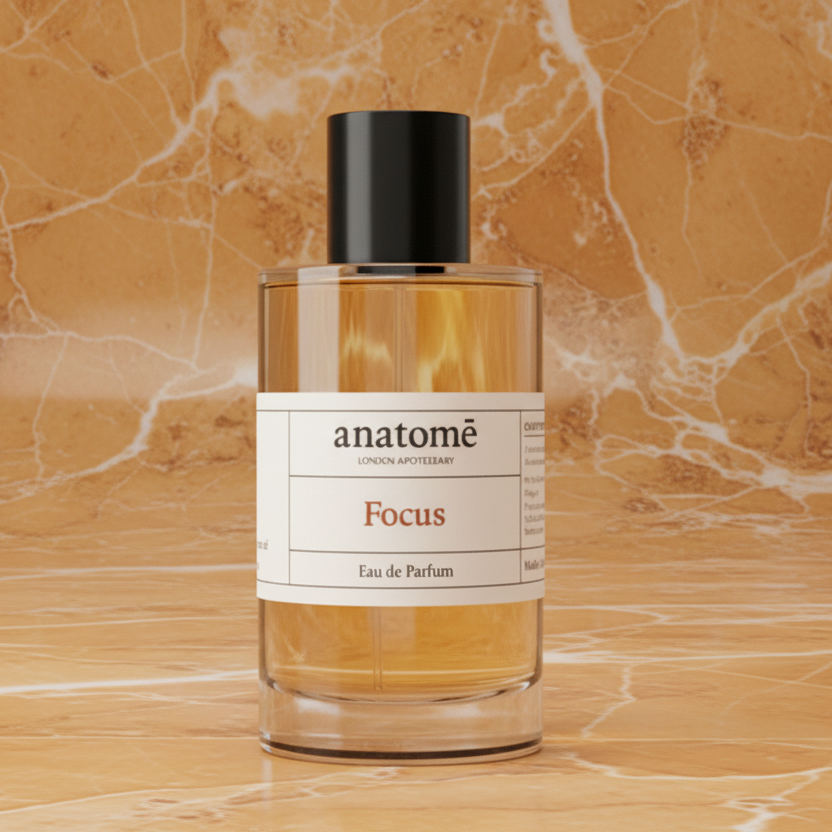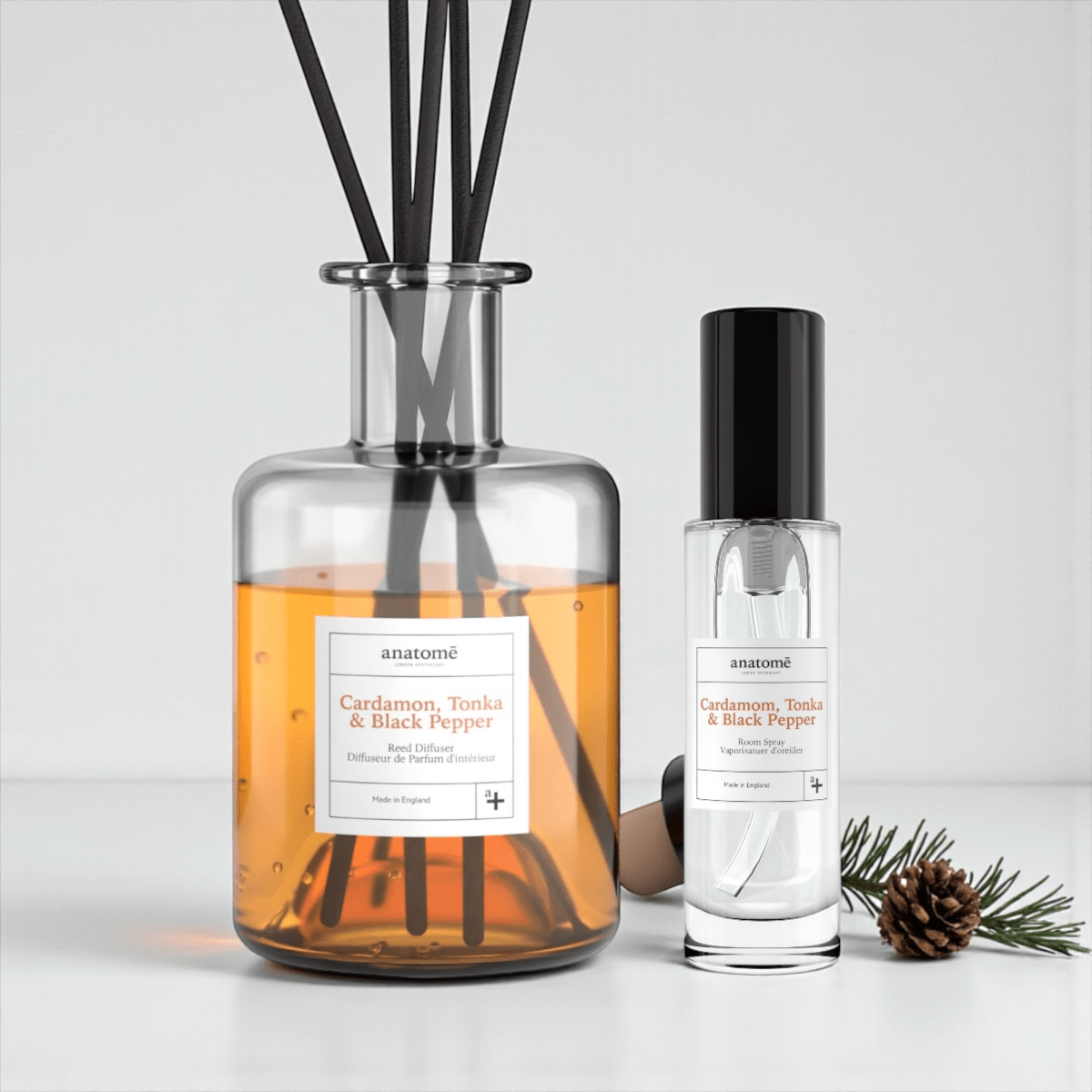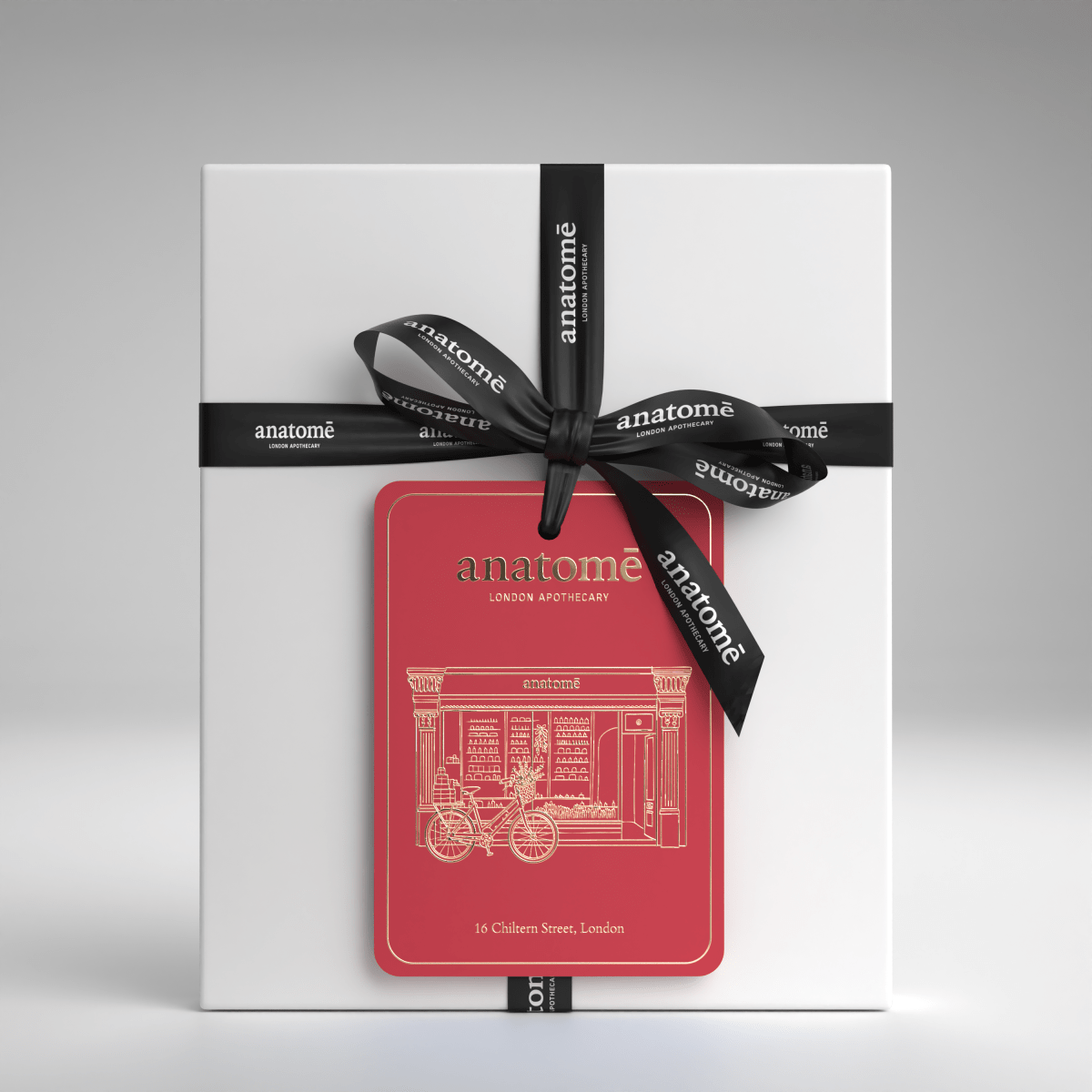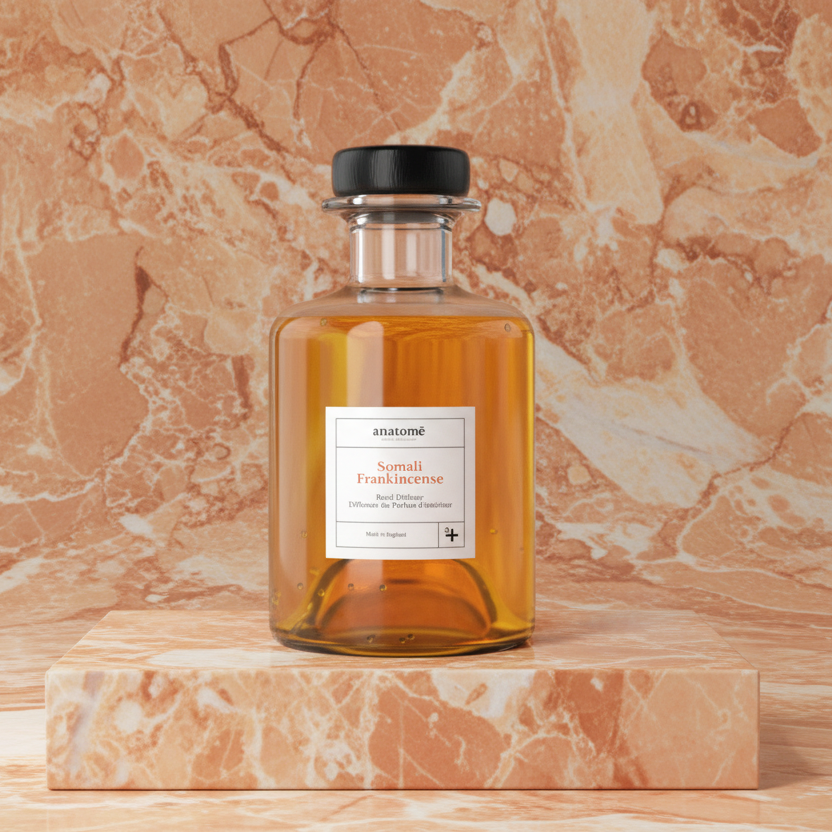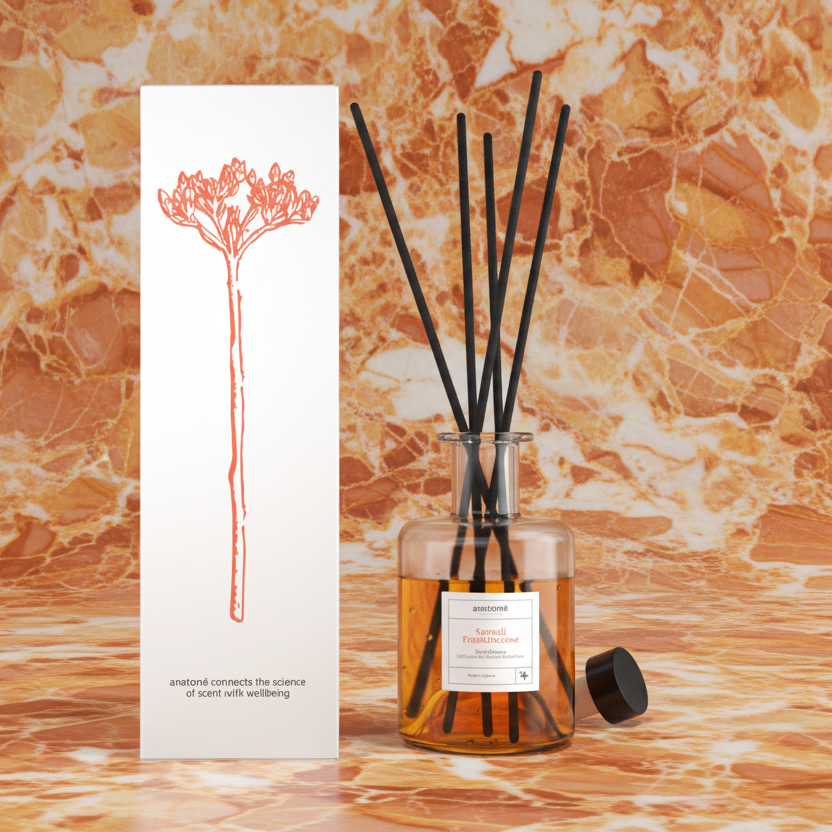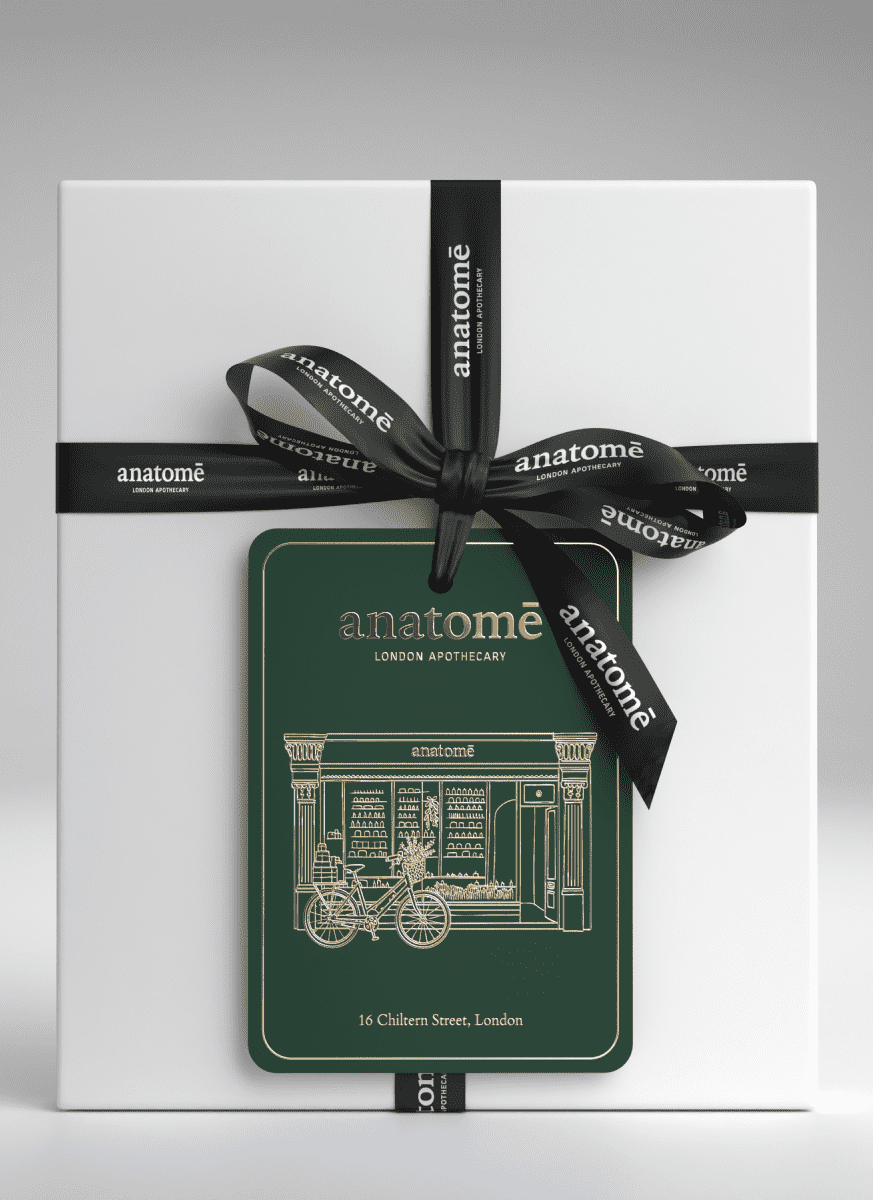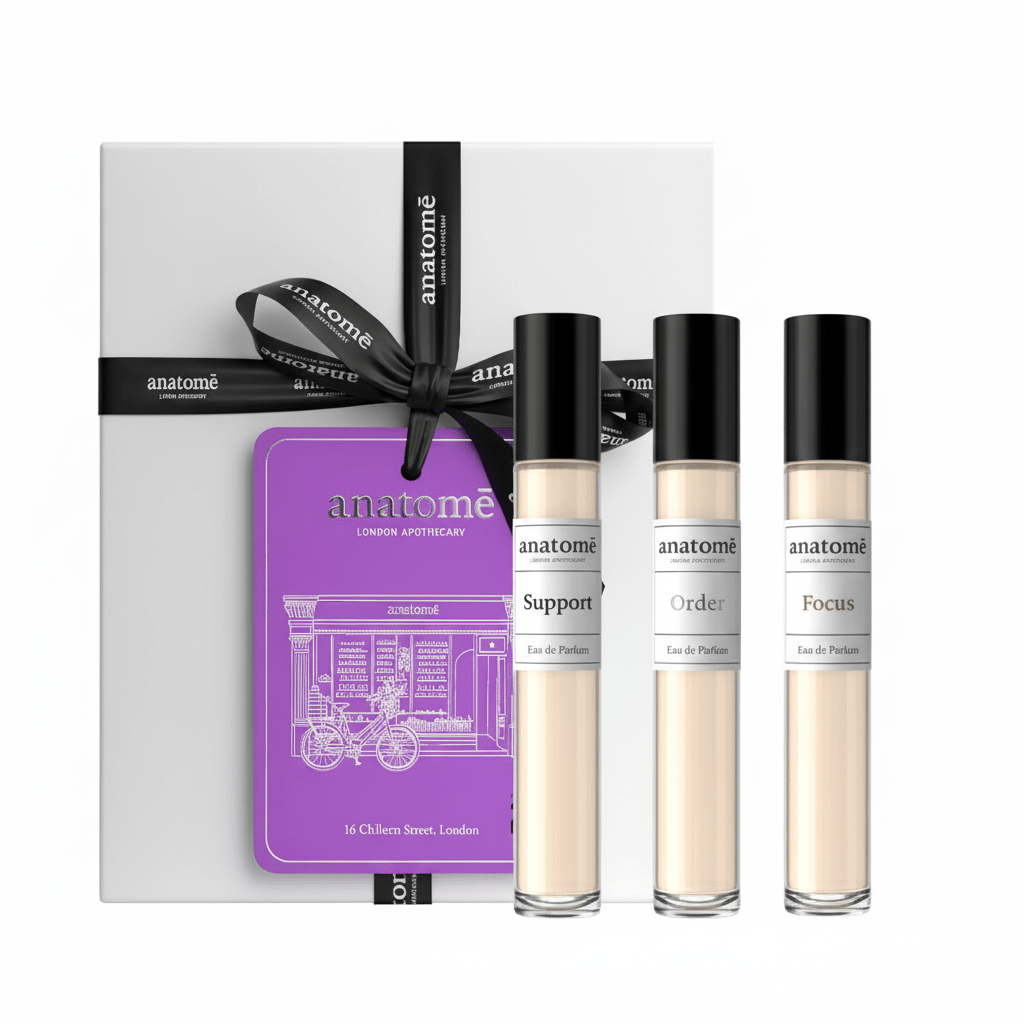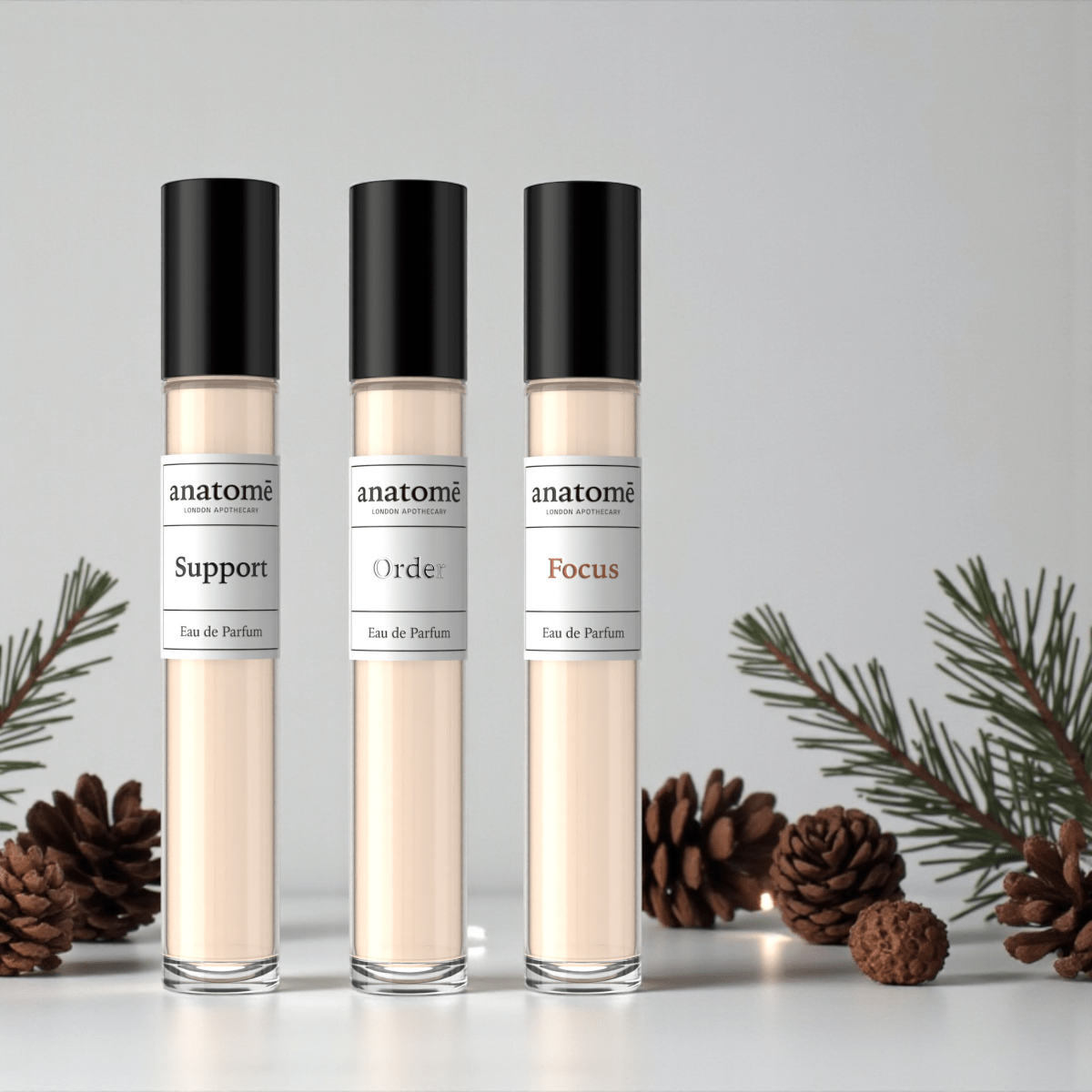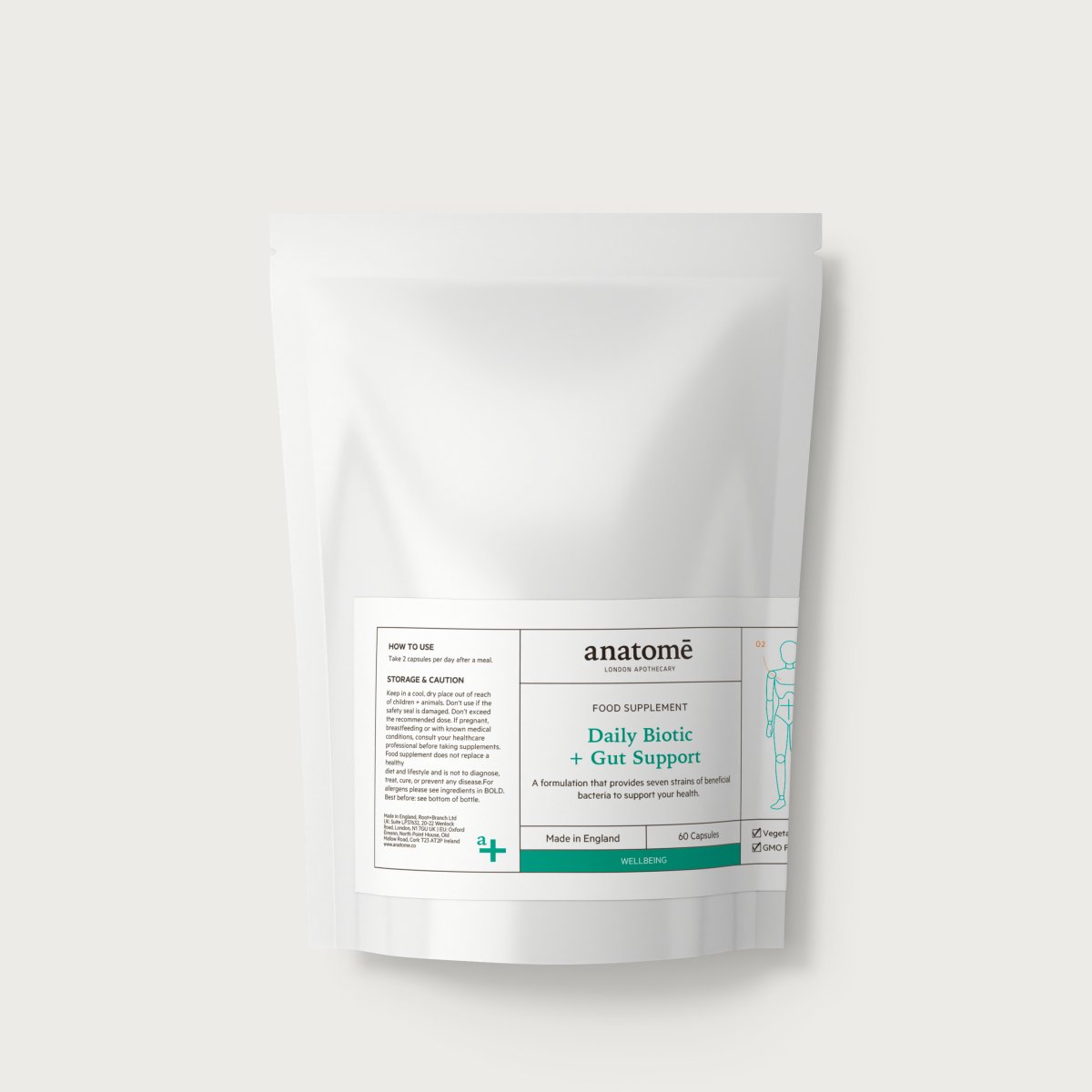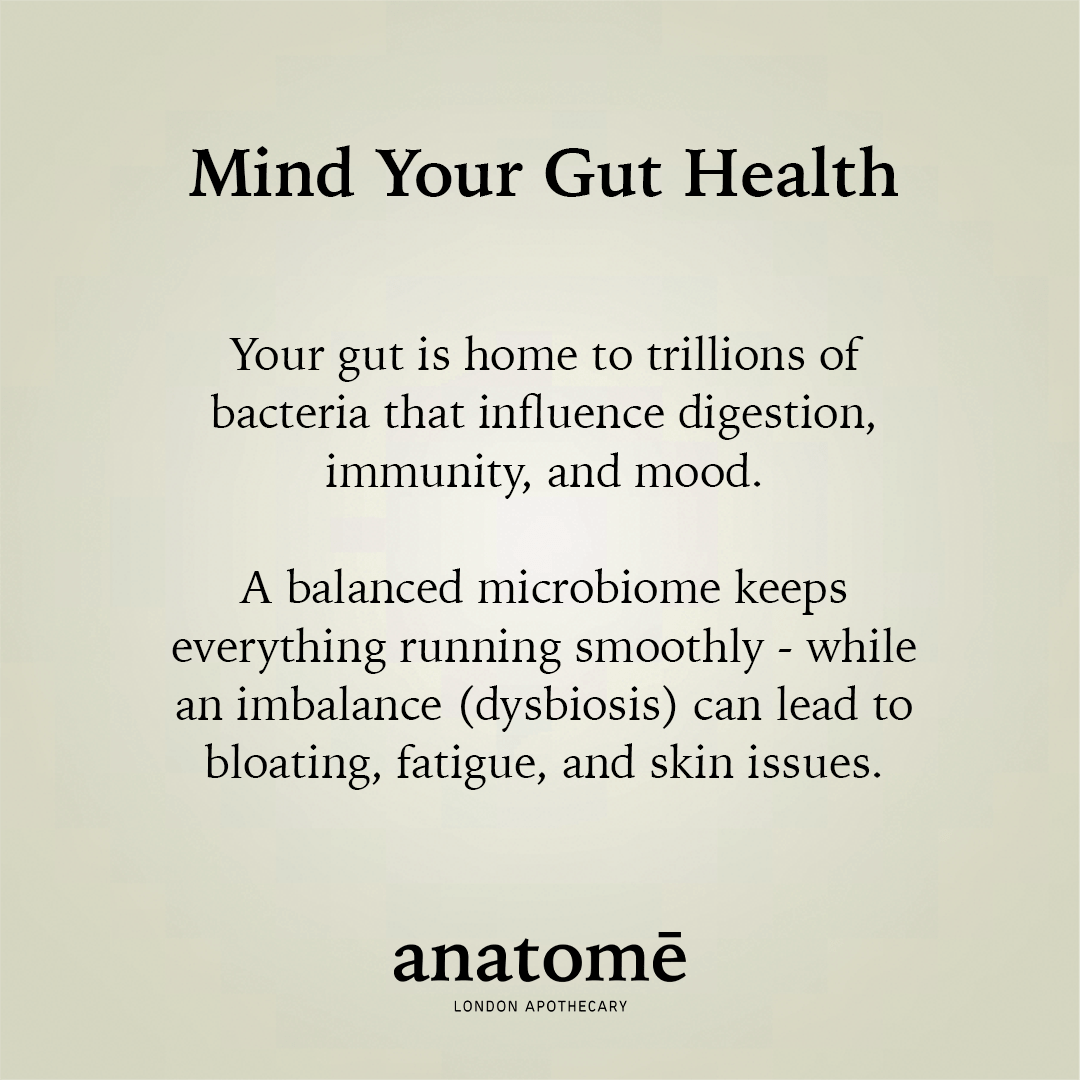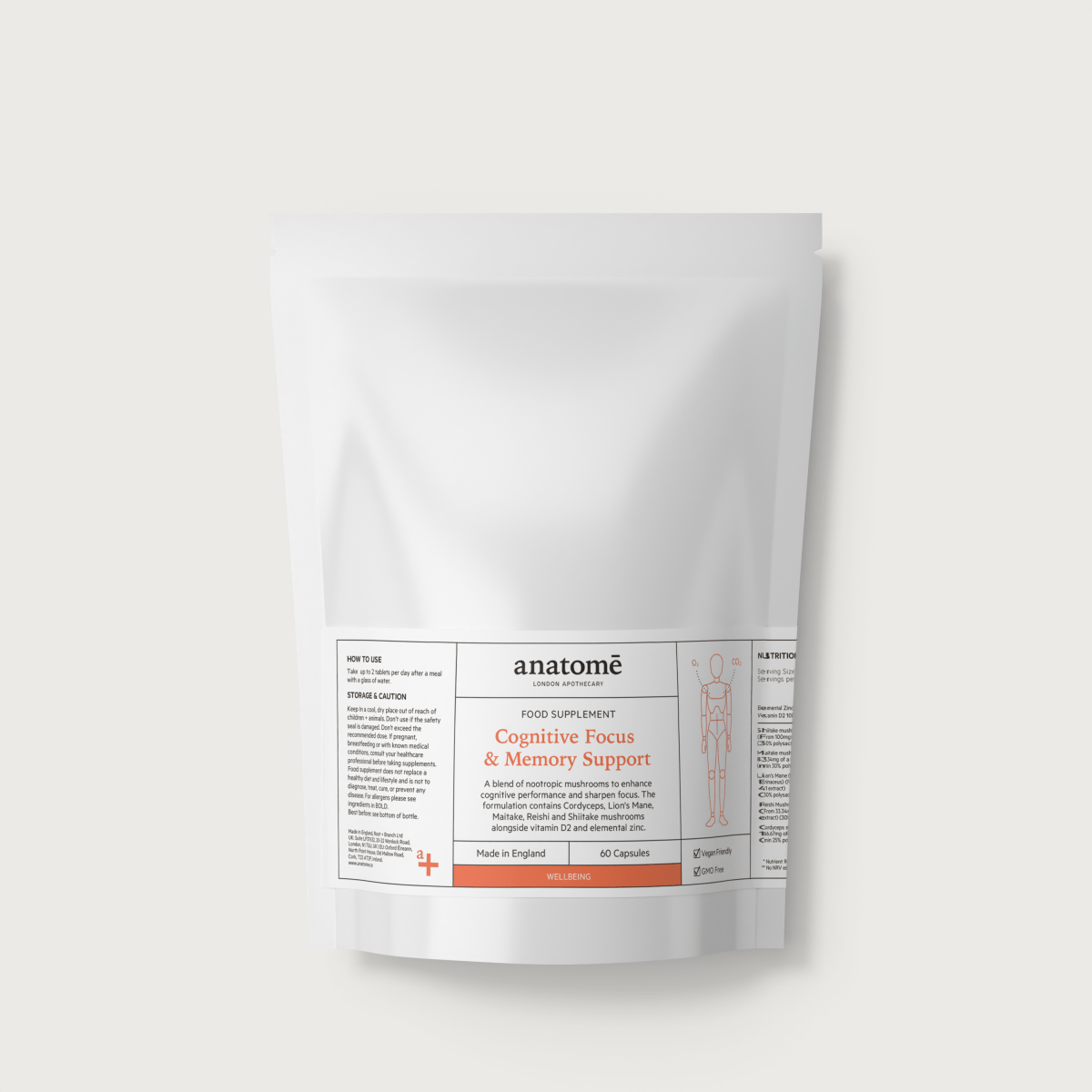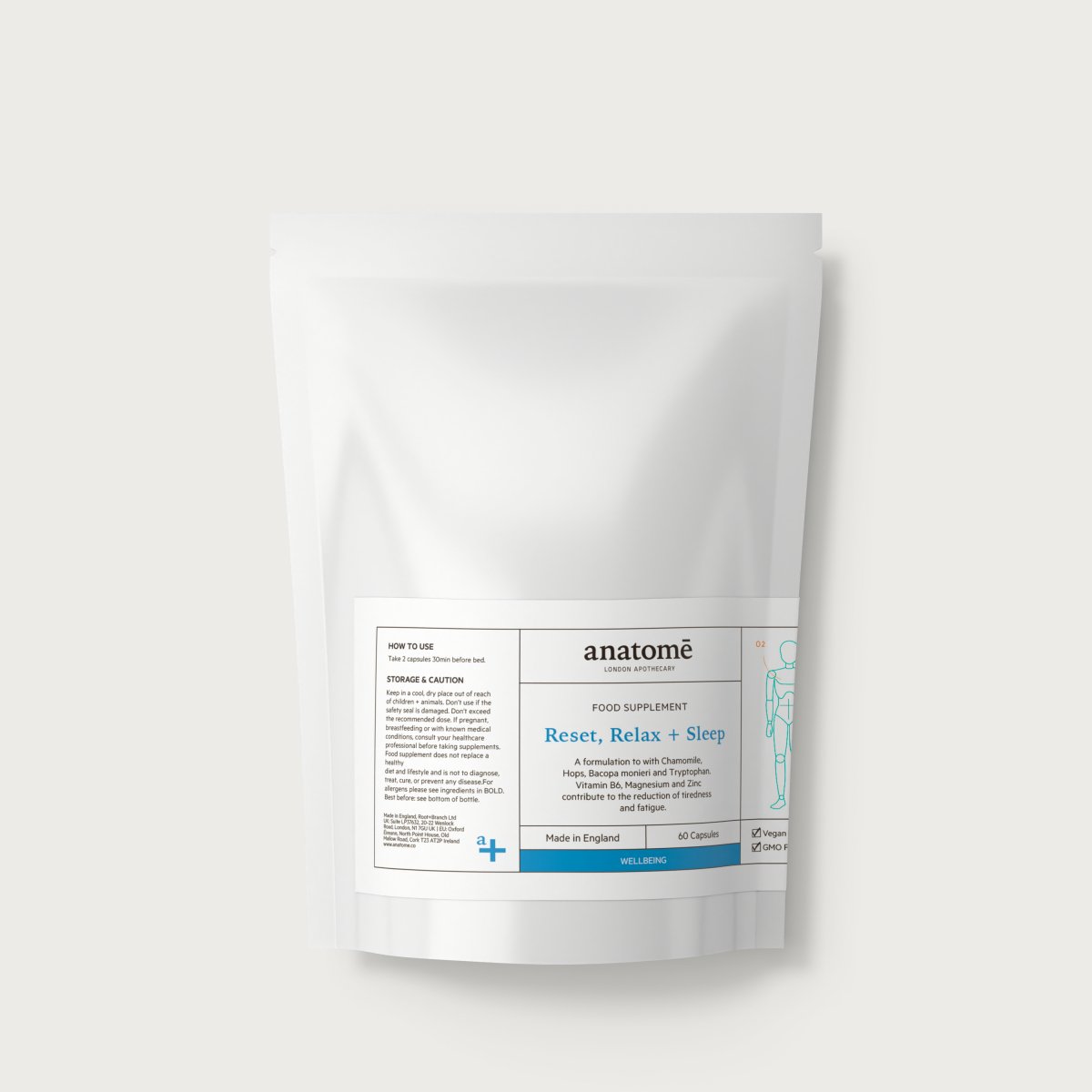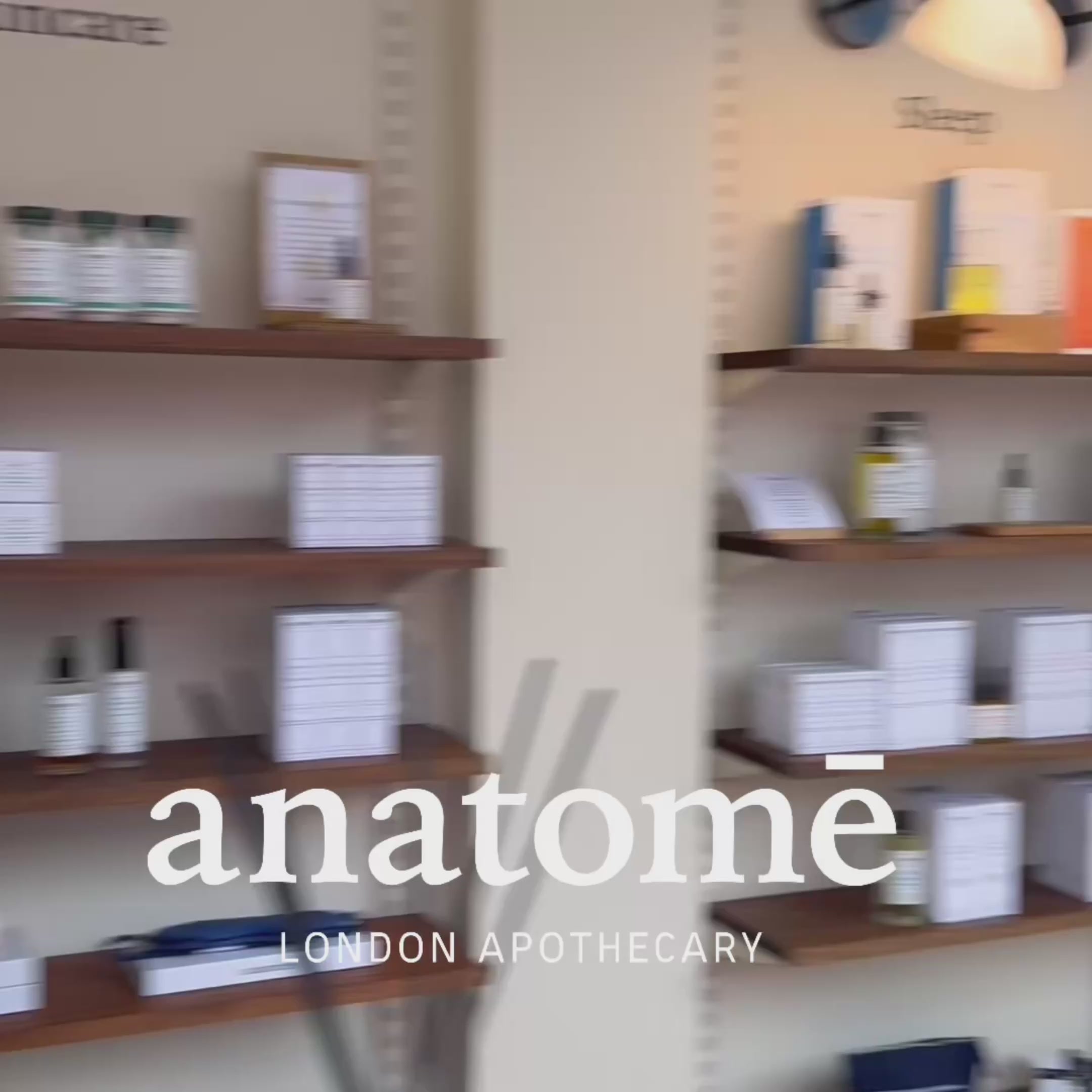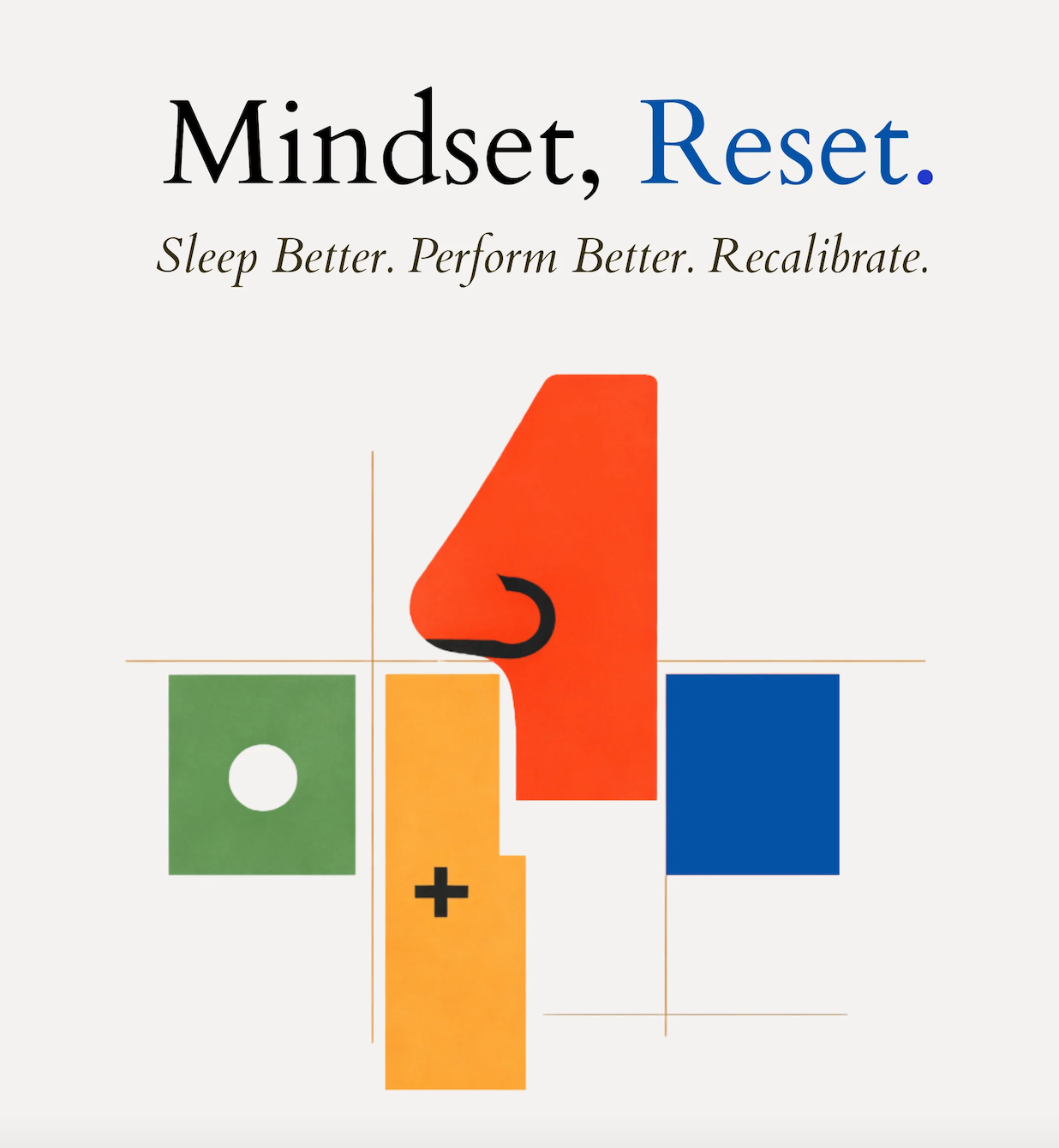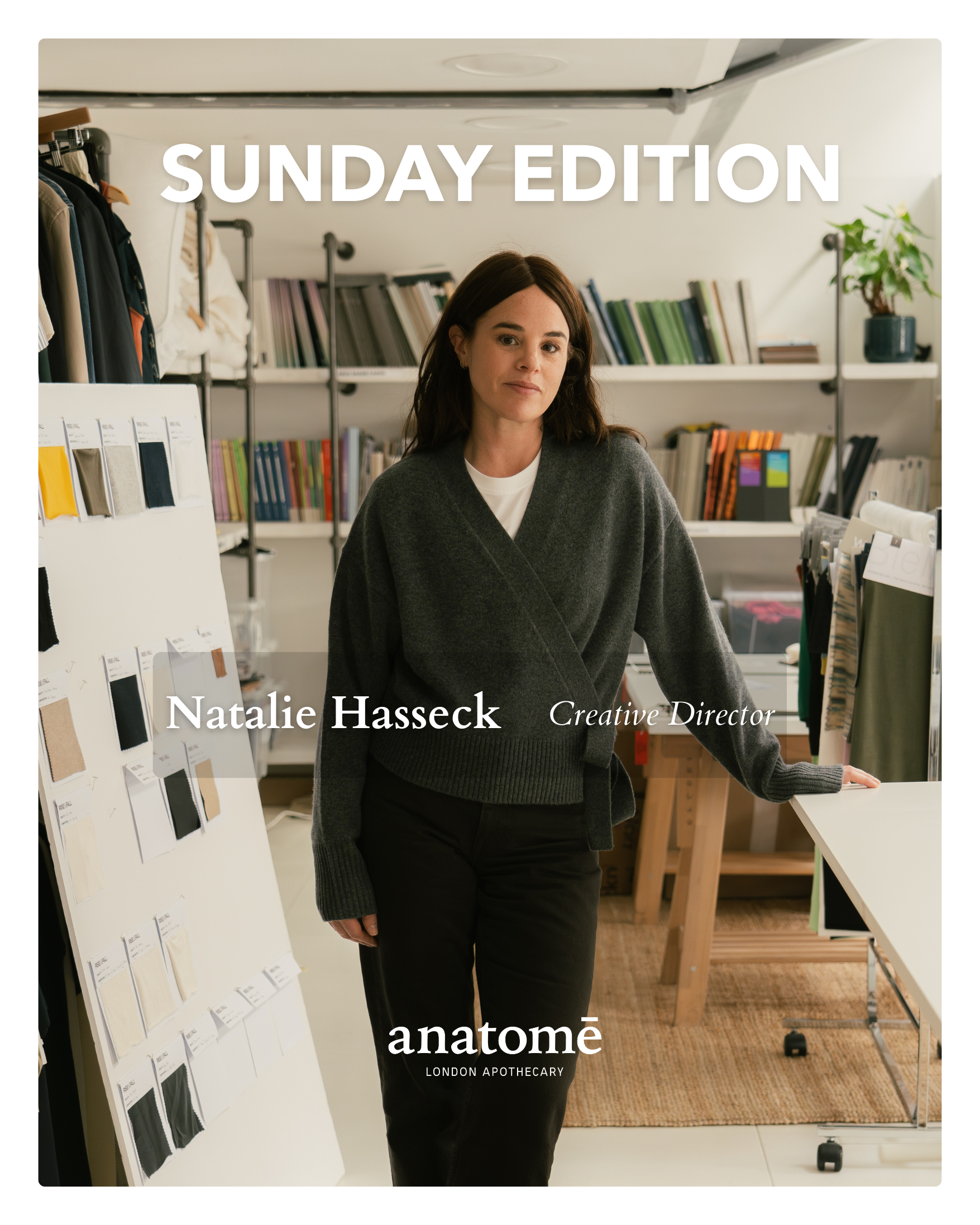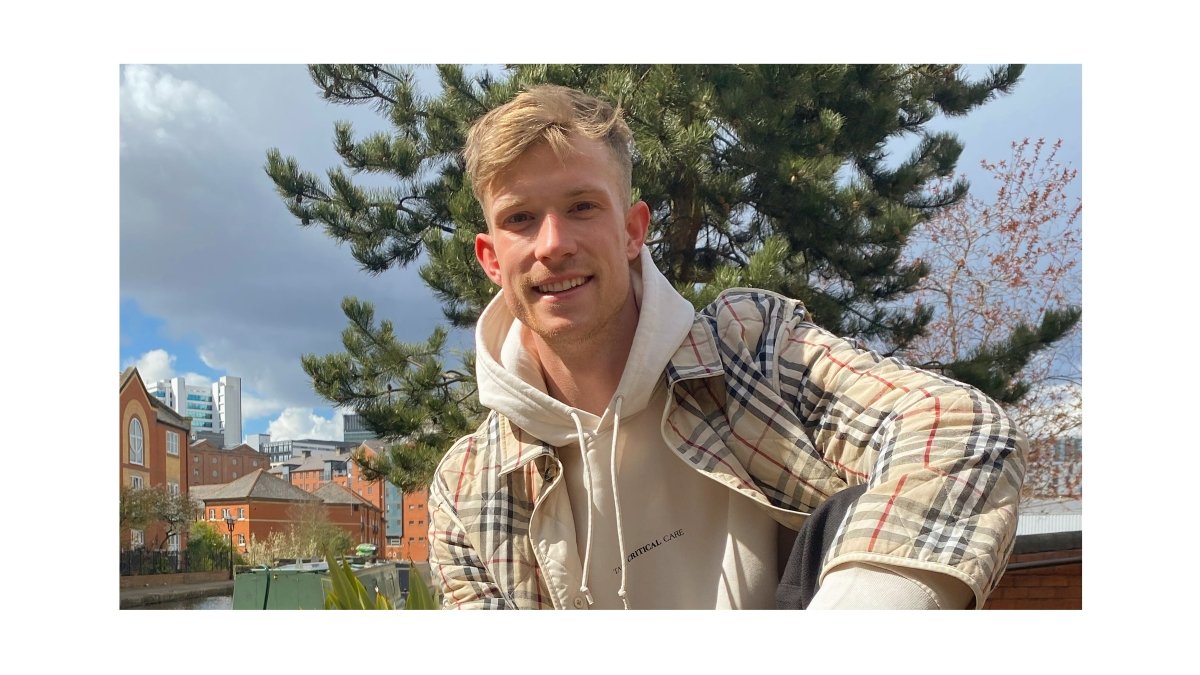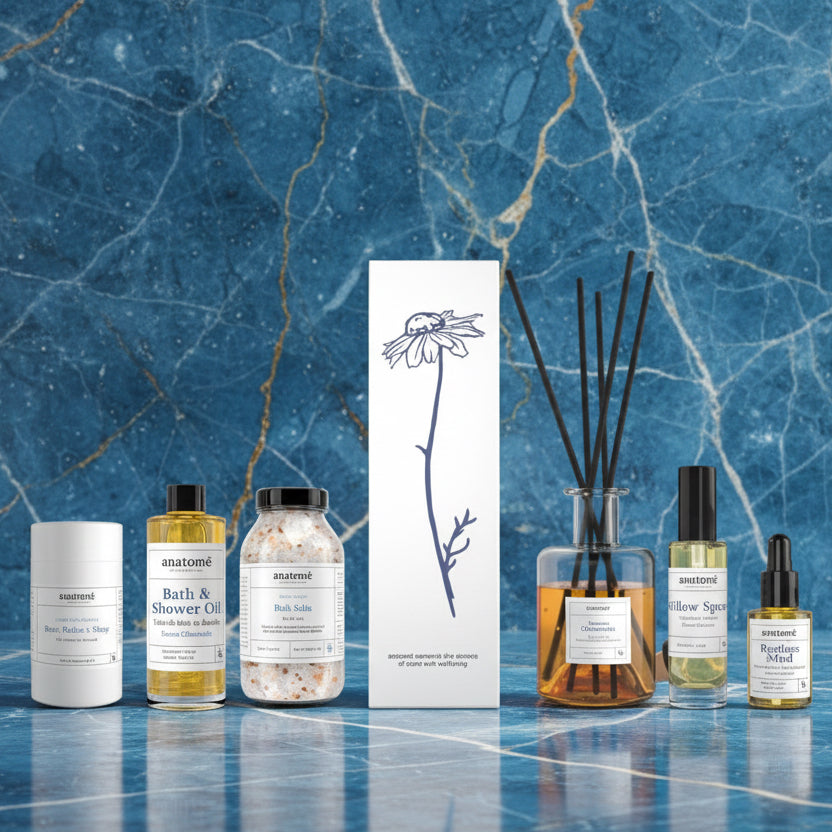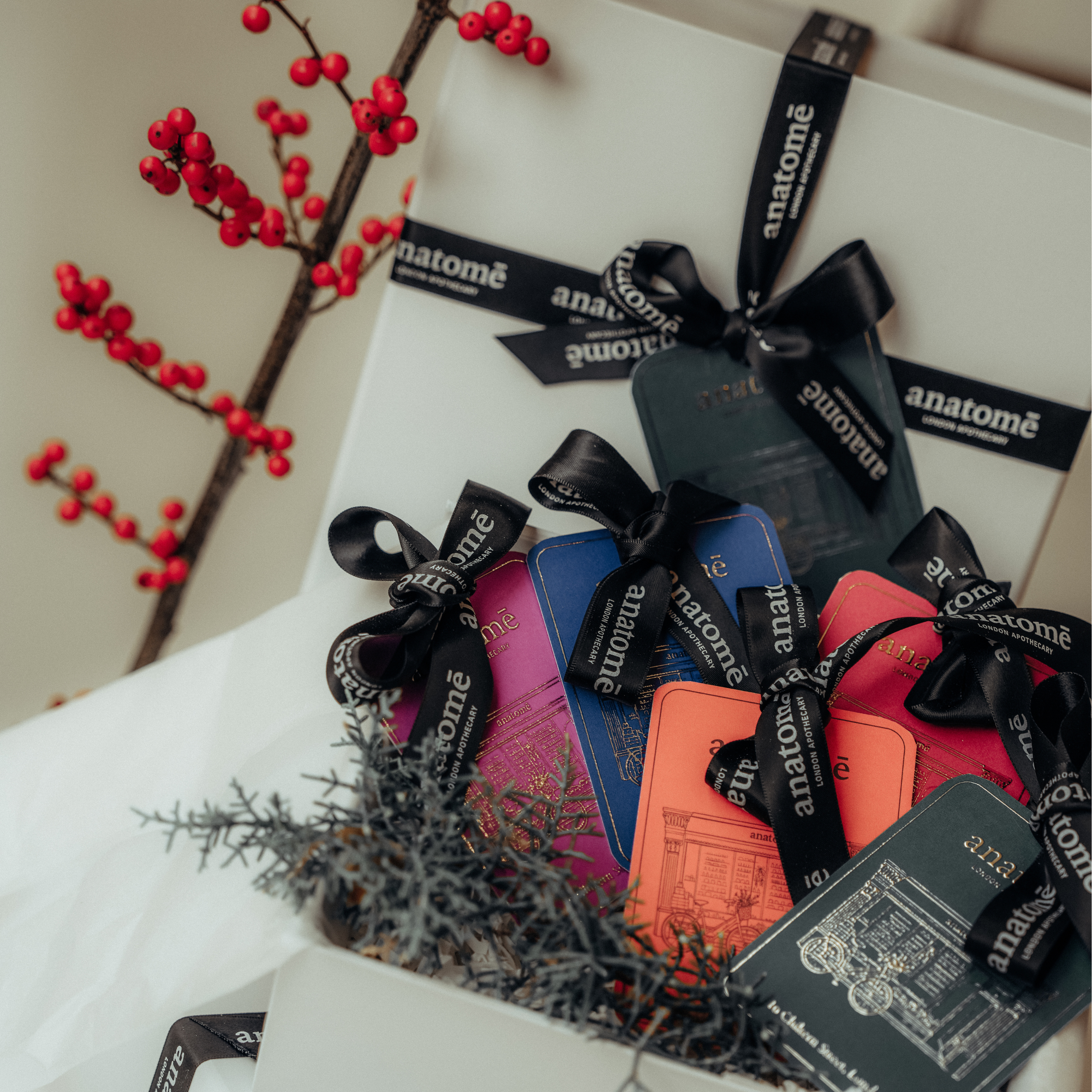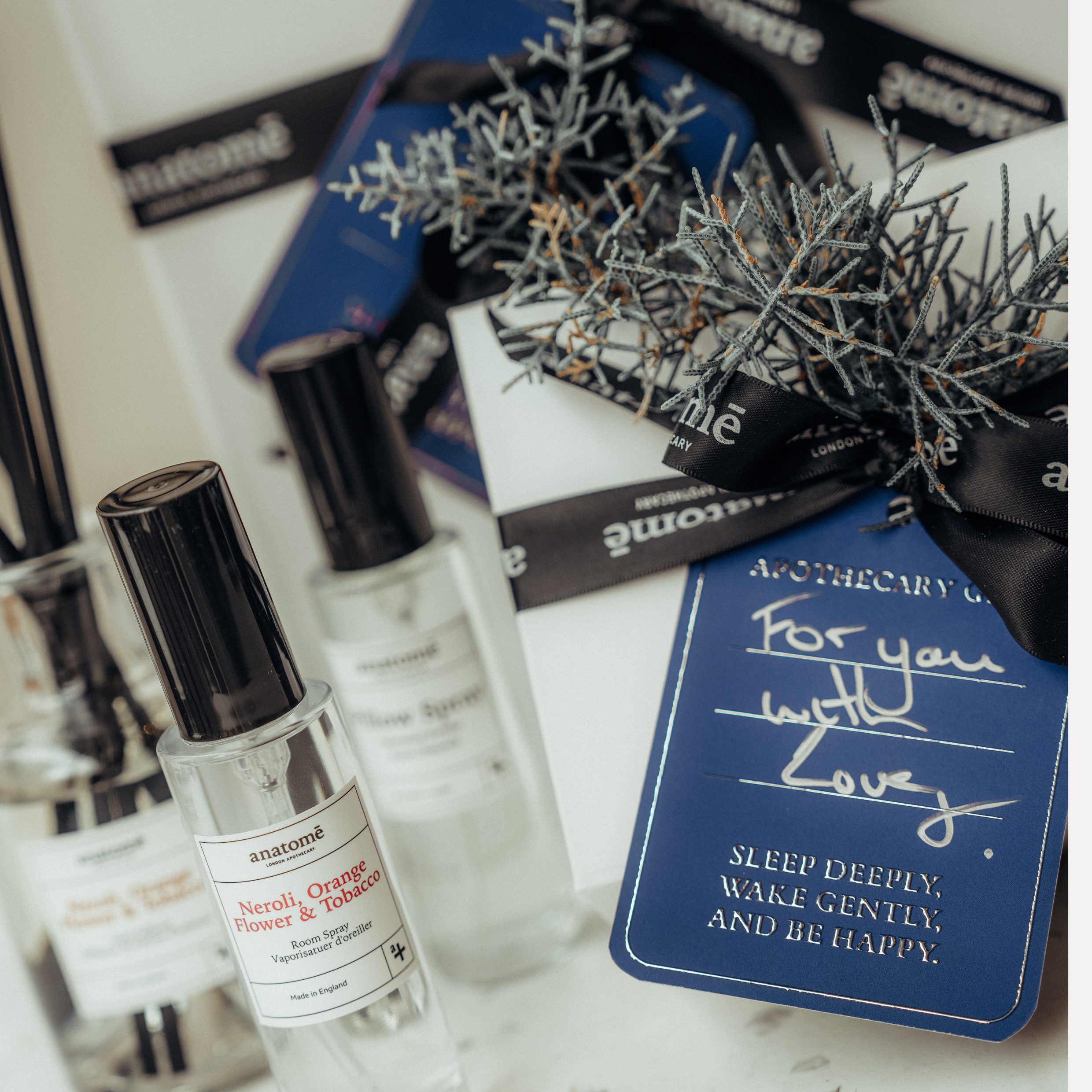anatomē founder Brendan Murdock sat down (virtually) with Dr Mark Cox who has joined our panel of a+ Experts – friends of anatomē who have come on board to further support your wellbeing journey.
Dr Mark completed his studies at Newcastle University Medical School and is interested in lifestyle medicine and mental health. He is passionate about empowering people to improve their health and wellbeing in an easily digestible way.
Brendan and Dr Mark talked about men’s health and wellbeing – mental and physical alike.
When did you start thinking about going to medical school?
I wasn't one of those kids who thought, "I want to be a neurosurgeon" from the age of four. It was discussed a little bit with me when I was doing well in my sciences. The idea grew on me when I worked with a friend's dad, who was a surgeon. I was in awe of what he was like with his patients and his ability to bring people that sense of comfort even when they were unwell, which really resonated with me. I thought it would be nice to be in a position like that one day where you can affect someone's life positively in that way.
Where did you go to medical school?
I went to Newcastle, so I had five lovely years up in Tyne, which is another place very close to my heart. It's an unbelievable place to go and be a student. I'd recommend it to anyone thinking of university. There's plenty of stuff to do, and it's very safe.

Was medical school tough for you?
I never got into any trouble with my studies, but I wasn't super studious early on. Then perhaps in the fourth year, I really started to knuckle down. Things got a bit more serious. I liked the way medical school is set up. You do lectures in the first few years, and then you move into clinical in the third year where you get to do patient interfacing and interaction. That was far more up my street and when I started to knuckle down and find out a little bit more about myself. That was when I reconnected with why I chose medicine, to be truthful.
What did you discover about yourself in that time?
University is a really interesting time for everyone. You find out a lot about yourself, and you're faced with an opportunity to do whatever you want for the first time in your life, and the freedom is huge. You don't go home to your parents where they tell you to do the work. You are your own maker of how well you're going to do. Finding that balance was particularly difficult in the first couple of years, and then I got slightly more used to that concept and learned a bit more about myself. I managed to do that and toed the line quite well to get the knowledge and skills that I needed to eventually pass and get to where I am now.
Was there any moment with patients that stood out for you?
The longer I've done medicine, the more I make those meaningful connections with patients, which often makes things more difficult emotionally. When you're first starting, it's quite difficult to develop those relationships because you're often thinking, "what do I need to ask?" or, "how do I examine this patient?" As you become more confident and your knowledge and skills get better, you can bring out your personality and form better relationships.
This year, I’ve developed a really strong connection with patients, particularly if they're on your ward for a long time and you're the one that's seeing them every single day. The consultant may see them at the start of the week, but you're the one taking their blood or examining them, and you form a strong relationship with them, particularly with the time I spent on the COVID wards. Not being able to see family has been difficult for patients. It's a huge deal. So, you're that link between their family and them. I think that's something that I enjoy, though. It's an important part of the job.
Have there been moments that have surprised you or pushed you?
The family is often more invested, and often when they lack tactile input and can't see the patient, they often don't realise how poorly they are. They don't realise the severity of the situation. Managing expectations over the phone with an irate family member about a pretty unwell patient is probably the most difficult thing. And when you have these conversations over the phone, which were difficult enough in person that are a matter of life and death, you have to manage the expectations of someone else who is not coming from a medical background. I think that has been the hardest part of the job of the whole pandemic, at times. Navigating those conversations can be difficult.
What do you do individually to manage the stress from what you're experiencing?
That's a learning curve as well. Back when I was in medical school, I never really felt like I needed to decompress or manage stress because I was young and new. I wasn’t experiencing burnout. But this year, particularly during the COVID pandemic, you don't get that same outlet that you used to. People used to have a constant outlet at the end of the week when you're out with your friends or family, and you're doing things. I think the pandemic brought home to me that you do need to take active steps for your own wellness and mental state, regardless of how you think you feel.
I tend to meditate most days, practice a bit of mindfulness. I think that's really important. One of the big things I've learned is you need to keep that up even when you feel well. It's easy to forget that, and it's a practice that you need to do as much as possible and keep it up regularly to get the full benefit from it.
What is your practice of mindfulness and meditation?
I tend to use the Calm app. I need to be guided a lot of the time. I find it quite hard to sit and still my mind when I'm not using an app. I use some of the longer guided sessions on sleep and anxiety. I often do it in the morning when I get up to try and anchor it to another habit. So when I brush my teeth in the morning, I’ll do 10 minutes.
In terms of exercise and movement, do you have a routine during the week?
I think I used to be quite obsessed with going to the gym, and I was pretty strict on myself. Nowadays, I've let my routine go down a little bit. In some ways, it's much healthier that I don't criticise myself for doing it. I practice a little bit of self-love. But in terms of a routine, I try and mix things up. I track my cardio now, and then I also do weights. I'm also starting to play a bit of football again, which has been a nice change than just being a solitary soul on my journey of exercise.
Do you eat well?
There’s a poor culture towards diet in the profession, I think due to the stress of the job, convenience, and lack of funding for healthy food in hospitals. There are vending machines everywhere. The canteens are low quality, cheap food. Even the food served to patients is poor. And there's a culture of long night shifts that makes you crave sugar. When you're stressed, your body craves sugar. It's a natural process, and you get a bit of emotional wellbeing by the instant gratification of eating something sweet or salty. And I'm not saying that from a place of virtue because I know my diet at work is far worse than my diet in the week when I get home.
What does the weekend look like for you cooking?
I'm pretty flexible. We tend to cook a home-cooked meal every evening. At the weekend, we might still get a takeaway. We try and eat healthily and be a bit more flexible in our diet to be more plant-based. I can't claim to be perfect all the time, but I try to eat a variety of foods. Add as many colours during the week as you can, aiming for 20 plant-based things in a week. It's a good rule of thumb to try and diversify your diet, eat less processed foods. It's just about being conscious about what you eat. It sometimes takes a little bit more mindfulness about the choices that we make. Whole grain foods, quinoa, roasted veg, that sort of thing.

When are you most energised in the day?
I think as long as I start my mornings right, and I'm a morning person. The morning is definitely my most productive time.
And then what is your morning routine?
I try and give myself half an hour at least to do my meditation, 10 minutes of stretching and walk for a good half an hour and listen to a podcast. If I've done all that, then that's a good start to the day, and I feel pretty energised for the morning.
And what is on your podcast at the moment?
Dr Roman Chattegy, whos into lifestyle medicine and all areas of wellness.
When you're leaving Manchester, where do you go to in the UK to relax?
Most of my friends from both home and university are based in London, so I get down to London whenever possible.
What music is currently on your playlist?
I listen to a bit of everything. I don't really have one specific genre or era. I have a friend who's very into music, and he makes a lot of playlists, so when he sends me something, I usually listen to that.
What’s your evening like?
I'm getting home for about half of five most days, so I tend to have a bit of energy still when I get home. I'll tend to exercise, cook some dinner, and I've been seeing some friends recently. Occasionally we'll play maybe a bit of football.
For men, what do you think is a crucial health tip?
Particularly with men, practising a little bit of self-love when it comes to your exercise routine or diet is important. That doesn't necessarily mean that you're not going to do as much, but when you are not completely on your case about those things and forgive yourself, your overall outcome is usually far better. If you beat yourself up, it’s not good for your mental health and your overall wellbeing. Give yourself a little bit of space.
What do you mean by self-love?
Being able to have compassion for yourself. Treat yourself like you treat your best friend. If your best friend does something wrong, you wouldn't shout and scream at them and not forgive them. We are all our own worst critics, and we're so harsh on ourselves. I think that is one of the main reasons why people's mental health has suffered. I don't know if there is a single answer. I think that's a realisation you have to have yourself.
Onto more positive stuff – coffee or tea?
Coffee.
What advice would you give to your younger self?
Back yourself more and put yourself into more difficult situations from an early age. Have more self-confidence. I think I could have done that from an earlier age. You know when you see a kid at school, and they're going to the drama production, and they just get on stage and sing? I would have loved to have been able to tell my younger self, "Go and just experience that sort of situation." It's something I would never have done as a kid.
If you are allowed 24 hours to have one song, one book, and one food, what would it be?
Probably a Stone Roses track. I think listening to anything for 24 hours is going to be very difficult. I guess after three hours straight, your favourite song is probably not your favourite song anymore.
Favourite book?
I probably could give Harry Potter another go. I love the Harry Potter books.
And food?
Probably a roast dinner.
What would your personal motto be in life?
Just believe in yourself. Believing in yourself is really important. If you don't put yourself into uncomfortable positions, then you don't move forward. You don't progress. You don't grow as a person. I think that's really important.

